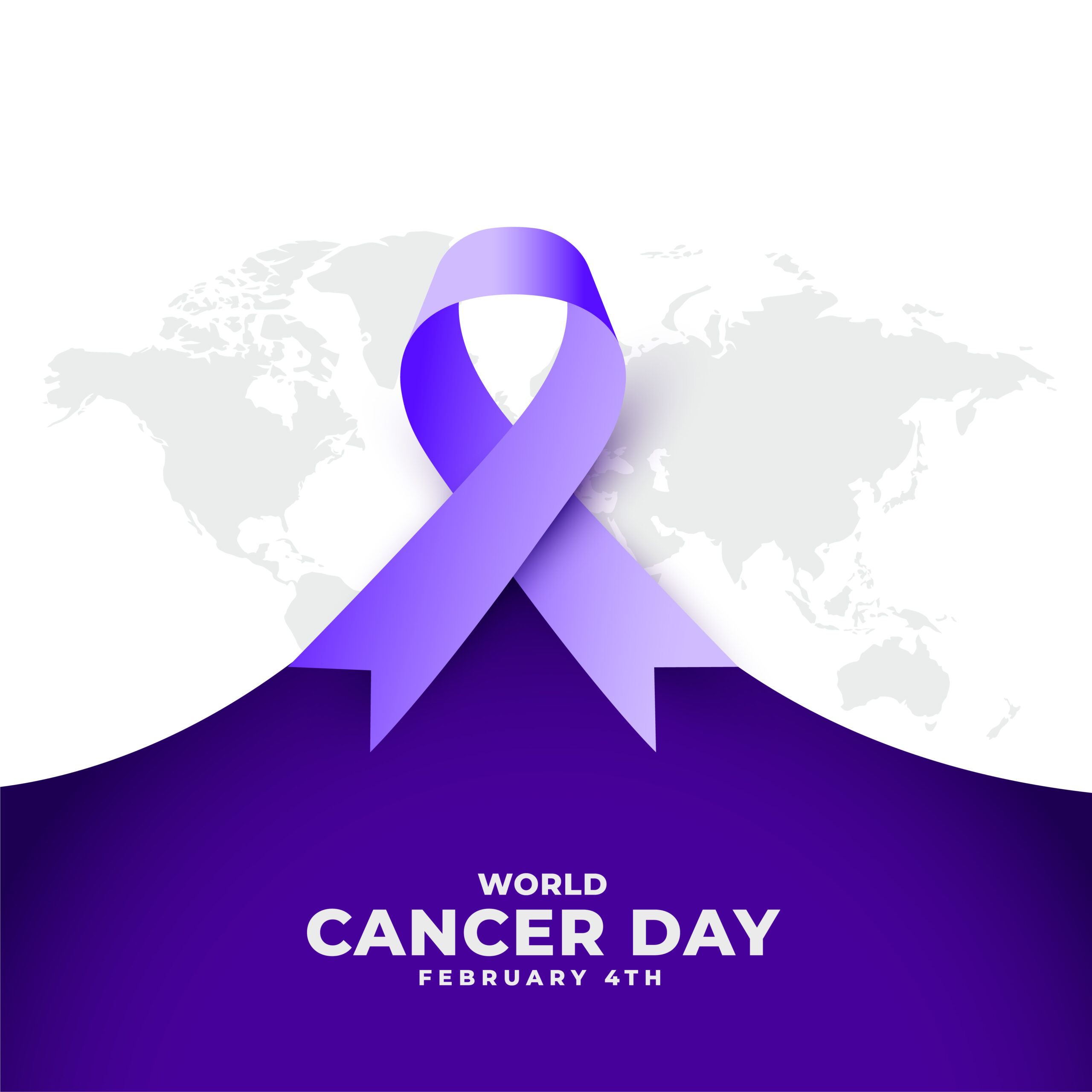As the world commemorates World Cancer Day with the theme of Close the Care Gap, it is time to revisit the progress made so far and the challenges that remain, especially for underrepresented populations. Stark differences in prevalence, incidences, and survival are reported among cancer patients from diverse ethnic backgrounds. Individuals in certain regions, socioeconomic backgrounds, and marginalized communities often encounter significant barriers to accessing quality cancer prevention, diagnosis, and treatment. There has never been a better opportune moment for the relevant theme to narrow the gap in cancer care, and this is achievable through concerted efforts among stakeholders from diverse backgrounds.
A plethora of evidence demonstrates differential prevalence and incidences in various cancer types among individuals of African and Asian ancestry compared to European ancestry. The latter has a rich literature that aids in prioritizing drugs and targets. Diversified clinical trials specific to the Indian population would be beneficial for tailoring medical interventions, understanding unique genetic factors influencing disease susceptibility, and improving the generalizability of research findings to the local context.
Within India itself, regional and demographic variations present a nuanced picture of the cancer scenario. A recent study within the country has drawn attention to an elevated incidence of breast cancer in urban landscapes, prompting a critical examination of genomic factors contributing to this urban trend. Conversely, cervical cancer exhibits distinct characteristics in rural settings, necessitating an exploration into whether unique genetic markers or limited accessibility to preventive measures play a central role.
Three decades after the inception of the Human Genome Project, the cost of whole genome sequencing is anticipated to fall below 100 USD. This journey can be summarized with some success stories but also introduces new challenges, particularly in achieving parity in care and prevention, especially in countries like India. Major patient-level resources worldwide indicate the grave situation of cancer in the coming decade. For instance, the UK Biobank has over 10% of cancer cases within approximately 500,000 participants, while another UK 100,000 genome project has reported more than 13% of cancer cases. Programs like TCGA, initiated in 2006, encompass multi-omics details of more than 11,000 patients across more than 30 cancer types, with a massive data volume increasing to 2.5 petabytes. Much of this data is available for researchers globally, providing an opportunity to expedite the unmet need for novel actionable target identification.
A fundamental question arises: Can treatment decisions be influenced by a patient’s specific genetic makeup? If yes, then what baseline changes are observed in responsiveness or resistance to a given therapy? This school of thought gained momentum with the discovery and FDA approval of tyrosine kinase inhibitors inhibiting BCR-ABL fusion in CML cancer, propelling cancer genomics a long way. Ranging from genetic mutations to copy number variants and epigenetic changes, understanding these aspects can be helpful to prioritize therapeutic regimens, including chemo, immune, or targeted therapy. A substantial share of approved and clinical drugs is now based on genetic makeup, and these approaches have been extrapolated to screening as well as prognosis.
The intersection of cancer genomics and artificial intelligence (AI)/machine learning (ML) holds promise in prioritizing cancer screening and management to bridge the gap, especially in patients from underrepresented populations. The combination of genomics or multi-omics with AI/ML can prove to be the best arsenal to address parity among different cancer patients. The incorporation of AI can be used to promote equity in cancer screening and management. For instance, AI can be used alongside genomics techniques to compare changes in cancer management compared to conventional screening mammography. This will not only optimize resource utilization but also help prioritize individuals predisposed to young-onset cancer due to genetic makeup.
An interesting analysis would be to compare oncology clinical trial studies globally versus those running in a specific country. It would be intriguing to see whether gene panels based on Western populations stand strong when tested on patients from the Asian continent in terms of sensitivity and specificity. There is an urgent need for sufficient evidence of the effectiveness of the established cancer gene panels.
Embarking on my journey as a new scientist in one of the premier genomics institutes of the country, I am filled with optimism regarding the pivotal role genomics can play in addressing the pressing issue of the care gap in cancer, the theme of World Cancer Day 2024. As a computational biologist, I foresee joining forces in a complementary fashion to decode the genomic landscape of cancer, identify crucial biomarkers, and develop computational models that aid in early detection and personalized treatment strategies. Through the power of big data and machine learning, I strive to enhance our understanding of the intricate genetic variations driving cancer, paving the way for targeted therapies and precision medicine in this region of the world.


Sherry Bhalla
I am a passionate computational biologist, immersing myself in the intricacies of cancer through networks and machine learning. My typical day involves analyzing data points using coding skills and bioinformatics approaches. I aspire to advance precision medicine by deciphering diverse biological data, identifying personalized genetic markers, and optimizing treatment strategies. Beyond the lab, I find joy in the freedom of dance and the creative process of cooking.


[…] Further use of bioinformatics to differentiate between cancer subtypes for personalized treatment plan is one of the new studies that has been initiated at the institute. You can read more about it in our World Cancer Day special article “Genomics and Artificial Intelligence in Bridging the Cancer Care Gap”. […]